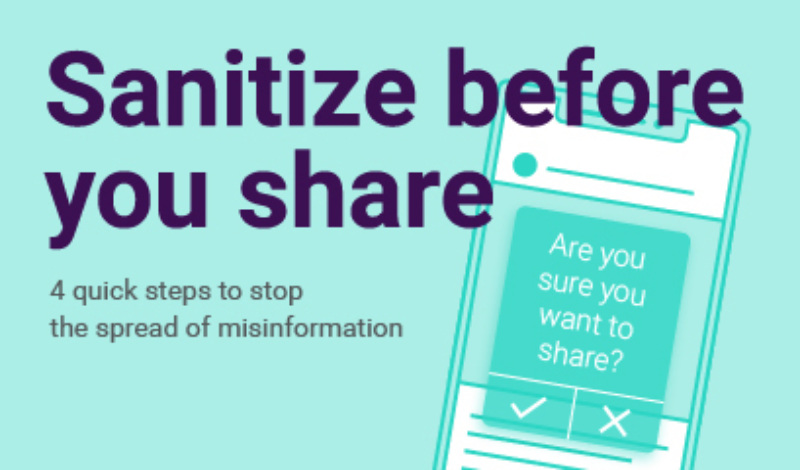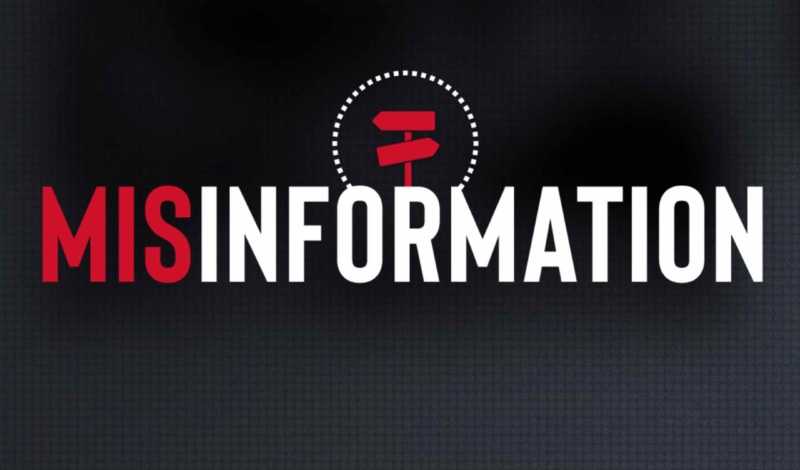
Should you share it?
The best way for you to help reduce misinformation online is to avoid sharing it.
The quiz embedded below measures how you know social media platforms’ policies designed to stem falsehoods from flooding your newsfeed. Different tech companies take different approaches, with some being more vigilant than others. In addition to implementing and enforcing their own policies, some platforms allow you to report misleading posts or provide information about the people and/or organizations that manage the page, including where they are located, when the page was created, whether the page has had other names, and whether it is running ads?
We have seen just how important such policies and tools are in 2020, with plenty of misinformation circulating about COVID-19, racial justice protests, wildfires and the presidential election.
For example, when you search “coronavirus” or “COVID-19” on certain platforms —you’ll learn which ones in the quiz — post from authoritative health sources or standards-based news organizations are prioritized at the top of the results. One social media platform has a “medical misinformation” option in its content reporting menu, and others are expected to follow suit.
Falsehoods, rumors and manipulated content about elections, campaigns and politicians are nothing new, and some companies are working to keep such misleading content off their platforms. And one tech company banned political ads last fall, arguing that the reach of political messages should not be bought through internet advertising. But another online giant has taken a lenient approach to political advertising. Its policy has exempted politicians’ posts and ads from the company’s third-party fact-checking program because they are considered “newsworthy” even if they are untrue.
So take this quiz and see how much you know about the social media sites that you visit and the measures they are taking to protect the public. You might be surprised by how much you know or don’t know!
The best way for you to help reduce misinformation online is to avoid sharing it.


Misinformation swirling around the COVID-19 pandemic underscores the importance of consuming and sharing online content with care.


Test your ability to determine whether this information about COVID-19 is news or opinion.


The best way for you to help reduce misinformation online is to avoid sharing it.


The poster provided in this resource introduces students to five types of misinformation.



